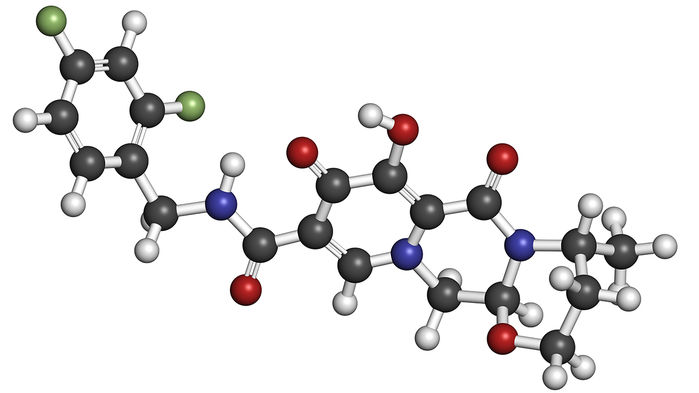Doctors at Georgetown University in the USA have reported the first diagnosed case of Alzheimer’s disease in a person living with HIV. It was previously thought that HIV-related inflammation in the brain may prevent amyloid deposition – one of the likely causes of Alzheimer’s disease.
The findings raise concerns about misdiagnosis of dementia in people living with HIV, more commonly attributed to HIV-associated neurocognitive disorders (HAND), when they may in fact be developing Alzheimer’s disease. Around 30% to 50% of people living with long-term HIV infection will develop HAND.
Symptoms for HAND and Alzheimer’s disease are practically identical, so diagnosis of dementia in a HIV-positive patient is a challenge. However, Dr Scott Turner of Georgetown University said that it was critical to get this right as the treatment actions differ.
"For Alzheimer's disease, we now have four FDA-approved drugs and more effective treatments are on the way. For HAND, we prescribe antiretroviral drugs that have a better chance of penetrating the brain. So getting a correct diagnosis is important, and a critical first step in advancing the field."

The researchers noted that from published studies, only five patients have ever had a PET scan looking for amyloid deposition. Many doctors will assume dementia is attributed to HAND, so it could be that some patients are misdiagnosed.
Turner also said that patients may also experience a “double-hit” of HAND and Alzheimer’s disease – a new type of mixed dementia.
The findings highlight the growing challenge of managing HIV as people grow older and become prone to age-related morbidities. More research is needed to understand neurological decline in people living with HIV, and how they can be supported.





